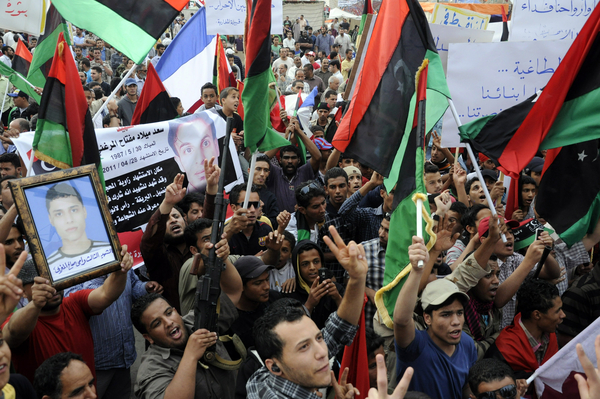In an article published by The Huffington Post and Counterpunch, author Dan Kovalik misrepresents Amnesty International’s position regarding Libya and the 2011 NATO air strikes campaign.
Without offering any supporting evidence, Kovalik falsely claims in the article “Libya and the West’s Human Rights Hypocrisy” that Amnesty International “believed NATO military action would bring about the flourishing of human rights in Libya.” Amnesty International never made such an assertion, nor did we take a position in support of NATO airstrikes.
Amnesty International generally takes no position on the use of armed force or on military interventions in armed conflict, other than to demand that all parties respect international human rights and humanitarian law. We are consistent in our call that all governments respect human rights, no matter what the type or form of government is.






